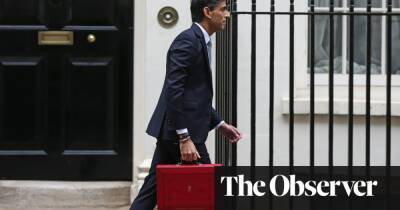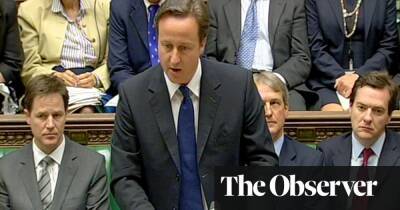Lobbying fears as MPs’ interest groups receive £13m from private firms
More than £13m has been poured into a growing network of MPs’ interest groups by private firms including healthcare bodies, arms companies and tech giants, fuelling concerns over the potential for backdoor influence.
Analysis by the Guardian and openDemocracy found that more than half the total £25m in funding for all-party parliamentary groups (APPGs) since 2018 has come from the private sector.
Other funds for the 755 groups – a number that has ballooned from 560 five years ago – came from charities and trade unions.
On Thursday, the chair of the Commons standards committee, Chris Bryant, for the first time called for parliamentary authorities to have the power to shut down the largely self-policed groups where there are clear conflicts of interest.
Writing for the Guardian, he said it may be time to ban commercial operators from funding and running APPGs: “When lobbying firms are effectively driving an APPG in the interests of their clients, we should not only know who those clients are, but we should be able to close the group down where there is a clear conflict of interest.”
Bryant, whose standards committee has opened an inquiry into the system, added: “It feels as if every MP wants their own APPG, and every lobbying company sees an APPG as an ideal way of making a quick buck out of a trade or industry body.”
APPGs are informal groups representing MPs’ and peers’ interests, from China and Russia to cancer, digital regulation, longevity and jazz. They must be chaired by MPs but are often run or funded by lobbyists and corporate donors seeking to influence government policy.
The groups can play a key role in drawing parliament’s attention to overlooked issues, Bryant says. They host roundtables, produce reports, take
Read more on theguardian.com




















